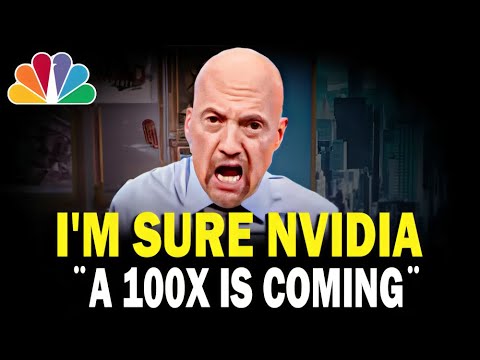The video highlights Nvidia’s strong market position driven by limited supply, high demand, and strategic international sales, especially in the Middle East, amid complex geopolitical tensions. It advocates for balanced policies that protect IP and foster collaboration, emphasizing Nvidia’s crucial role in the global AI and tech industry’s future.
The video discusses the complex geopolitical and economic factors impacting Nvidia and the broader tech industry. It highlights how former President Trump influenced Nvidia to take a $5.5 billion charge due to restrictions on selling chips to China, yet simultaneously helped the company sell chips to Gulf Monarchies, boosting its stock. The speaker emphasizes the limited new supply in the market and the aggressive buyback strategies by Nvidia, which are driving the stock’s historic recovery. This scarcity of supply, combined with strong demand, is causing prices to rise, especially as countries like Saudi Arabia invest heavily in data centers and technological infrastructure to diversify their economies beyond oil.
The conversation then shifts to the Middle East, particularly Saudi Arabia’s ambitious projects like NEOM and The Line, which aim to transform the region into a hub for innovation and investment. Despite some budget constraints and spending retrenchments, these initiatives reflect a strategic move to attract global capital and develop a knowledge-based economy. The speaker notes that such large-scale projects could benefit from advanced AI and chip technology, raising questions about the demand for Nvidia’s products in these regions and the potential for new markets to emerge.
A significant portion of the discussion focuses on the evolving US-China technology relationship, especially regarding AI and chip diffusion rules. The speaker criticizes the previous restrictions, arguing they hindered innovation and cooperation between countries like Israel, India, and Southeast Asian nations. They advocate for a more nuanced approach, emphasizing the importance of protecting intellectual property rather than outright banning technology exports. The speaker warns that aggressive restrictions could push countries like Malaysia and others to seek alternative vendors, including Huawei, which has made significant advancements in AI chips.
The issue of global innovation cycles and competition is also addressed. The speaker stresses that innovation is a continuous process that cannot be halted, and slowing down Chinese advancements would also impede US progress. They advocate for focusing on safeguarding IP rights rather than restricting access to technology, suggesting that collaboration and fair competition are more beneficial for global progress. The discussion touches on the frustrations of US companies like CL wanting to list in Hong Kong or build manufacturing facilities in the US, which have been hindered by current policies, but expresses optimism that these hurdles will eventually be overcome.
In conclusion, the speaker remains optimistic about Nvidia’s prospects and the broader tech industry, emphasizing the importance of clear regulations and IP protection. They believe that, despite current uncertainties and geopolitical tensions, the US and China will find ways to collaborate and innovate. The overall message underscores the need for balanced policies that protect national security and IP while fostering global innovation and economic growth, with Nvidia positioned as a key driver of the AI revolution.
